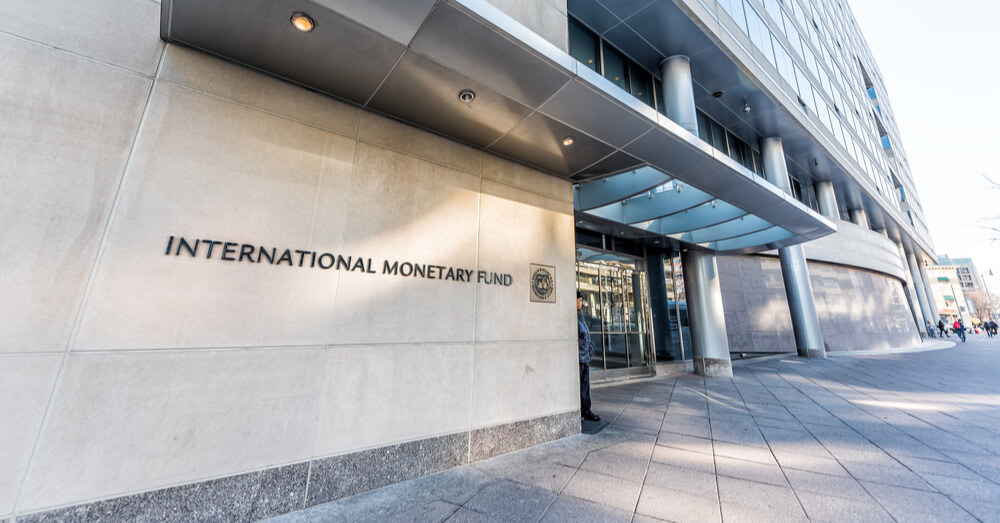
Most central banks around the world are looking into implementing CBDCs which could have dramatic effects on personal finance and freedom
Central Bank Digital Currencies (CBDCs) have been a hot topic lately, with many central banks having been inspired by Bitcoin to explore the possibility of a CBDC complement to cash. A CBDC is a digital payment token that differs from cryptocurrencies as it is issued and backed by a central bank and is therefore legal tender.
Around 70% of central banks across the world are involved in CBDC research – even the Federal Reserve has jumped on the bandwagon this year – and some are currently at the testing stage, such as the People’s Bank of China’s digital yuan. Upcoming CBDC launches include the Bahamas Sand Dollar and the Marshall Islands Sovereign.
International Monetary Fund (IMF) Managing Director, Kristalina Georgieva, spoke on Thursday of the world facing a “new Bretton Woods moment” (referring to the 1944 international conference that led to the establishment of the IMF and the current monetary system), and today the IMF is hosting a virtual conference on ‘Cross-Border Payment – A Vision For The Future’, which will cover digital currencies and their macro-financial implications.
CBDCs could have a lot of benefits: they would mean easier deployment of payments (which would hugely simplify the complicated logistics of distributing the US stimulus cheques, for example), and in the many places where people have to travel long distances to get to a cashpoint, CBDCs would mean the inclusion of the great unbanked by cutting out commercial banks – as people everywhere could control their finances from their phone.
However, there are downsides as well: CBDCs could herald an attack on privacy and freedom. They could lead to automated tax collection and allow the government to track everything you do, giving them the power to simply turn off your money if you don’t toe the line.
Many in the crypto sphere have been weighing in. Real Vision founder and CEO, Raoul Pal, said in a Twitter thread yesterday that CBDCs would mean “… an implicit agreement at IMF level that central banks can run unlimited balances sheets if they combine forces… then they can all agree to increase balance sheets together to avoid single countries getting penalised via FX.”
This could all be good news for Bitcoin through – a currency with a fixed supply that is not influenced by governments may well be in high demand in a post-CBDC world.

